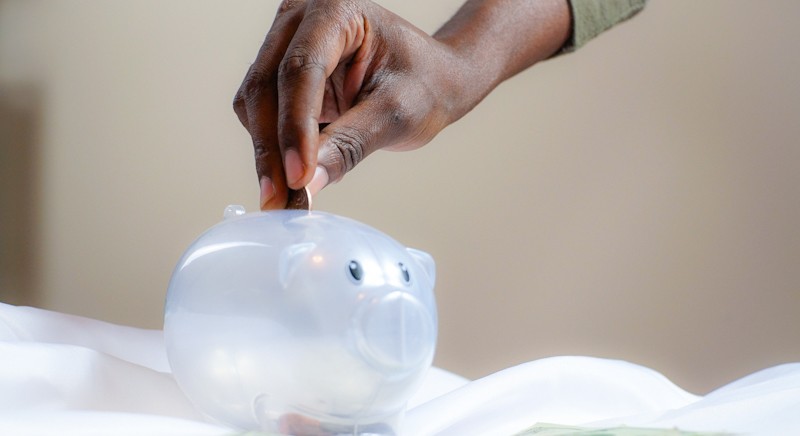Everyone agrees that it is crucial to saving, but no focus is given as to why we should save which I think is very important. Having a strong reason to do something gives one motivation and keeps one on track.
So why should we save? Savings are important for several reasons.
Safety net
First, they give one a safety net in case of an emergency such as a health problem that an insurance health policy does not cover or a job loss. It is advisable to build up your savings to at least cover your expenses for 6 months.
Investment opportunities
Secondly, it gives one an opportunity to take advantage of investment opportunities when they arise such as buying businesses or companies at a discount.
I have previously been offered an opportunity to invest in hardware at a discounted price and because I had the savings, I would easily have taken advantage of this. Savings give you the leverage to take advantage of such opportunities.
The idea of saving when you are unable to cover your basics is laughable at first glance. However, it is good to save.
Setting cash aside gives you some peace of mind and is a confidence builder. Start small and gradually allocate more into your savings and the idea of money working for you becomes a possibility.
Compound interest is one of the miracles of growing wealth: principal and interest are reinvested back and in the long-run pays a good return.
Say now you have been able to save some cash, what to do next?
Congratulations first of all.
However, idle cash has an opportunity cost. If I have KSh 100,000 thousand sitting in a deposit account at a local bank and I could earn Sh5,000 by putting it in a fixed deposit account, the opportunity cost is KSh 5,000 shillings.
Idle cash is also subject to negative returns. The return can even be negative as inflation eats up purchasing power which is what is important is money.
What is inflation? Glad you asked.
If the price of a scarf was KSh 2,000 a year ago and the same scarf retails for KSh 2,200 today because of an increase in production cost, inflation is 10% here. As such, there has been an erosion in purchasing power of 10% and the total loss in value is the opportunity cost of KSh 5,000 and the inflation of KSh 200.
Lesson: Don’t keep money idle in the bank account. Invest. Depending on your risk appetite as an investor, there are different financial instruments available to select from depending on your goal.
If your savings are to enable you to go back to school capital preservation should be a priority and stocks might not be the best investment that suits your objective.
A few instruments available to beginners include; the Money market funds: which allows you to withdraw your cash anytime, Treasury Bills that have different maturities, 91- day, 182-day, and 364-day day bills with interest rates depending on tenor.
The holidays present the best opportunities to save by shopping in bulk and taking advantage of offers that are now a common norm during the festive period: Cashback is also another way to get some cash after you make your payment using your debit cards: Absa Kenya and NCBA- loop are some of the banks giving cash backs.
Avoid credit cards and cut back on unnecessary spending. Don’t spend money you don’t have on things you don’t need to please people you don’t know like for reasons you don’t have.
To recap, save more, invest more, and spend less.
First published on People Pennies.
Kasiva Mutisya, she is Finance and Investment Analyst. Follow on Twitter




